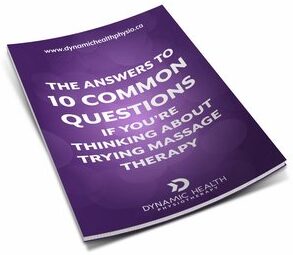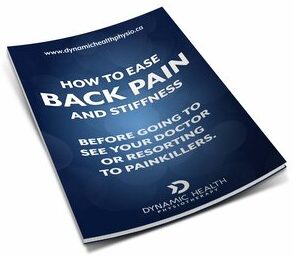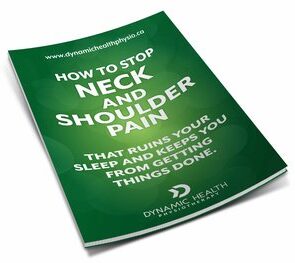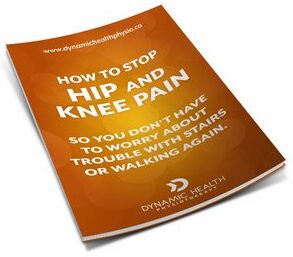NOVEMBER 23, 2016
HOW POSTURE CAN AFFECT THAT NAGGING SHOULDER PAIN
Have you ever hurt your shoulder and thought, “It will heal on it’s own if I just give it time.”? There are many factors that can affect recovery from a shoulder injury, but the first one I look for EVERY time is posture.

Posture is such a powerful word. It often evokes memories of being told to ‘sit up straight!’ by parents and teachers. As soon as I mention it during a physiotherapy session, there is an immediate reaction (correction) in their sitting posture.
Most of us know we could do with some improvement in our resting posture, but have you ever really thought about what it may be doing to your body if you don’t fix it?
While people often think of how poor posture may lead to a rounding of the back while seated, it can also have serious implications for the neck and shoulders.
If you have poor shoulder posture, or rounded shoulders as it is commonly called, several things can happen within the shoulder to cause irritation and changes to the joint.
One of the most common conditions seen with poor shoulder posture is called shoulder impingement. In this condition, the alignment of the joint has changed enough to cause pinching of the tissue as you move your shoulder and upper arm. As the tissue gets pinched again and again, it can become inflamed or swollen and decrease the amount of space even further. Over time this can cause tearing, typically in the rotator cuff tendons, which leads to increased pain and loss of normal range of motion of the shoulder.
Another common issue is that the top of the arm bone (the humerus) can slide forward in the joint and put extra pressure on the front of the shoulder joint. As this soft tissue becomes irritated and inflamed, it can cause swelling in the tendons in the front of your shoulder. You would often experience this as pain in the front of the shoulder joint.
Poor posture can also lead to muscle imbalances in the shoulder. Typically the muscles that make up the back of the shoulder joint become stretched and weakened, while the muscles of the front of shoulder get tighter. This leads to an increase in poor shoulder posture because it feels even more comfortable to stay in this position.
Even if your shoulder injury is due to another cause, like a fall or a car accident for example, your healing time may be much slower if you are starting with rounded shoulders. Because the joint is already at a disadvantage and the tissue around the joint is constantly under stress, it makes it difficult for the injury to heal. Longer healing times and chronic injuries are often the result.
So what should you do?
– The short answer is sit up straight.
The longer answer is that the shoulder joint is very complex and there are many factors that can affect your chances of injury and length of healing. It is important to keep your shoulders back, but you also need to make sure the muscles surrounding your shoulder are working properly to allow for proper movement as you move your shoulder and lift your arm.
If you are experiencing shoulder pain and think that posture may be causing it to linger or worsen, make sure to have it assessed by your physiotherapist so they can give you an appropriate specialized treatment plan for your particular condition.

Have Questions About Massage Therapy

Need some help with your back pain?

Struggling with neck or shoulder pain?
Click the button below to claim your free copy of this neck and shoulder pain tips report!

